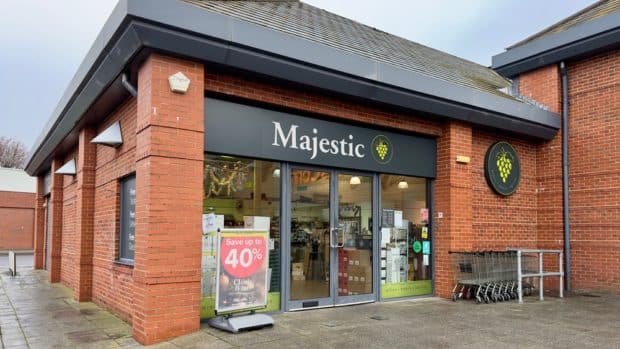Authenticity is now a key new driver for revenue and loyalty among UK shoppers as the trend for more mindful consumption continues, the latest research from Asendia.
Original research of over 8,000 global shoppers in Asendia’s ‘How To Sell Direct In The Age Of The Conflicted Shopper’ Report, including over 1,000 UK consumers, showed more than seven in ten (70 per cent) of UK shoppers would spend more money with retailers they perceived to be authentic, with 56 per cent saying they would only shop exclusively with authentic retail brands.
The key values defining authenticity for UK shoppers were being straightforward on delivering promises (57 per cent); transparency within supply chains (41 per cent); standing up for sustainability (39 per cent); clear brand values (39 per cent); and acting upon brand values (32 per cent).
Authenticity – the new currency for conversion, spend and loyalty
Three quarters (75 per cent) of UK shoppers also said authenticity made them more loyal to brands, with a further 65 per cent saying they would switch to a competitor if they felt a retailer wasn’t authentic.
In the context of economic global headwinds and the rising cost of living putting extra pressure on household budgets and discretionary spend, authenticity is also helping retailers fend off rising price sensitivity among shoppers. While 75 per cent of British shoppers plan to cut back on spending in 2023, despite UK inflation remaining close to a 40-year high, 43 per cent said a brand’s authenticity would make them less sensitive to inflationary price increases, rising to 48 per cent of Gen Z and 51 per cent of Millennials.
Renaud Marlière, global chief of business development of Asendia, commented: “Of course, we see that shoppers are acting with caution due to the rising cost of living, but invariably they are also consuming consciously and mindfully. Shoppers now want to engage and buy from brands who act authentically. Increasingly, shoppers are holding the retailers and brands they shop with to account – and it is clear that authenticity is now having a significant impact on share of wallet, revenue and loyalty. Brands and retailers need to take control of their own destiny when it comes to shaping the authentic shopping journeys consumers are now demanding. Shoppers increasingly expect accountability and transparency from retailers, whether through greater transparency around supply chain emissions, delivery promises or offering low- or carbon-neutral shipping options.”
In 2022 Asendia announced it had reached 100 per cent carbon neutrality through its carbon offsetting projects. It now offers carbon neutrality across all shipments carried out for international retail customers via its e-PAQ solution, a specialist range of international packet and parcel services designed for online retailers.
Despite a perceived assumption that younger demographics are driving the demand for greater sustainability, ESG and Corporate Social Responsibility (CSR) – some key areas defining authenticity – the UK’s Silent Generation, those aged 76 years old or older, were the most likely to see an impact on spend with authentic brands (72 per cent), matching that of Gen Z (also 72 per cent).
Overwhelmingly, UK shoppers feel brands that operated Direct-To-Consumer (DTC) were more authentic than those retailers who just operated via marketplaces. Over half (54 per cent) of UK consumers felt that retailers that operated their own DTC channels were more authentic.
Combining global presence with local expertise, Asendia empowers online retailers to grow their cross-border operations by improving international shopping experiences. As well as its international parcel services and fulfilment solutions, it also offers sophisticated digital eCommerce platforms and solutions, including ESW, that deliver the seamless experiences online shoppers want when shopping DTC across borders, wherever they are located around the globe.








Share